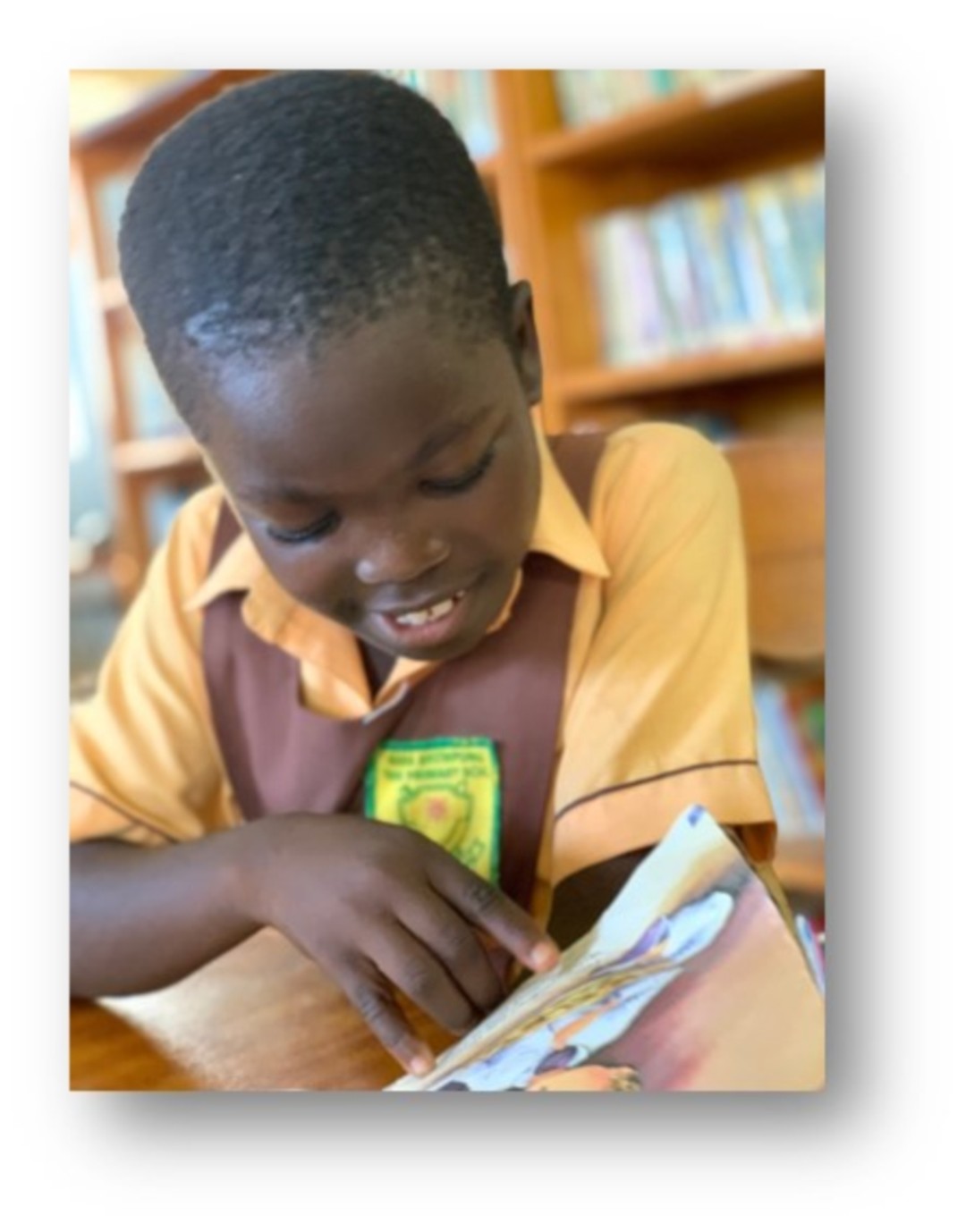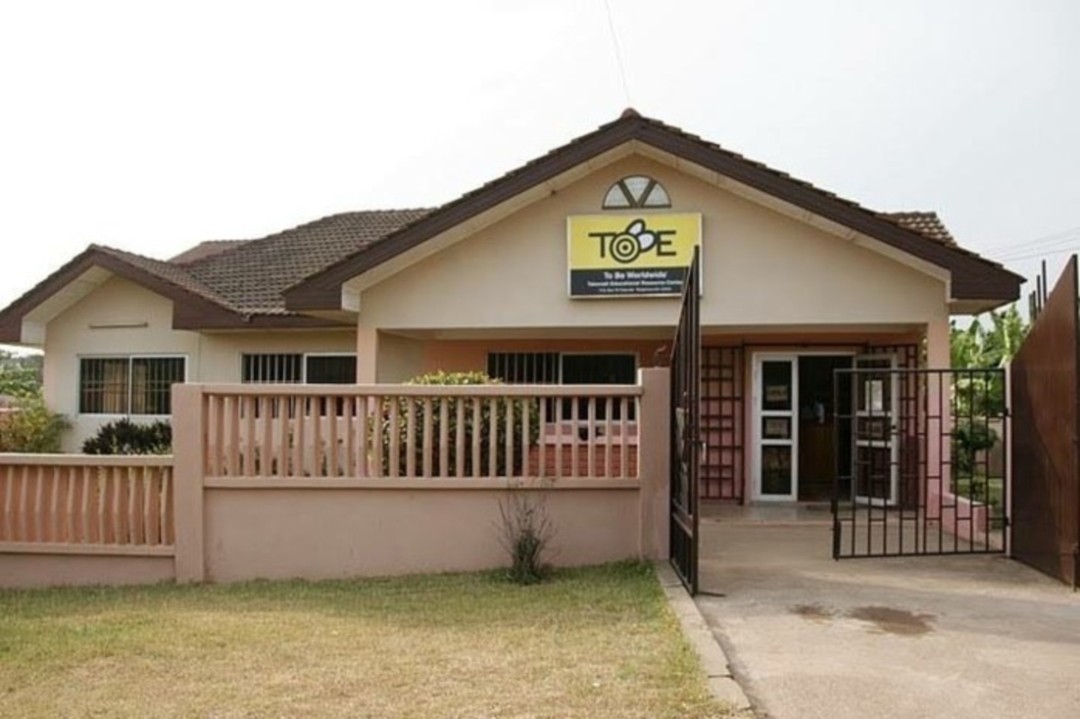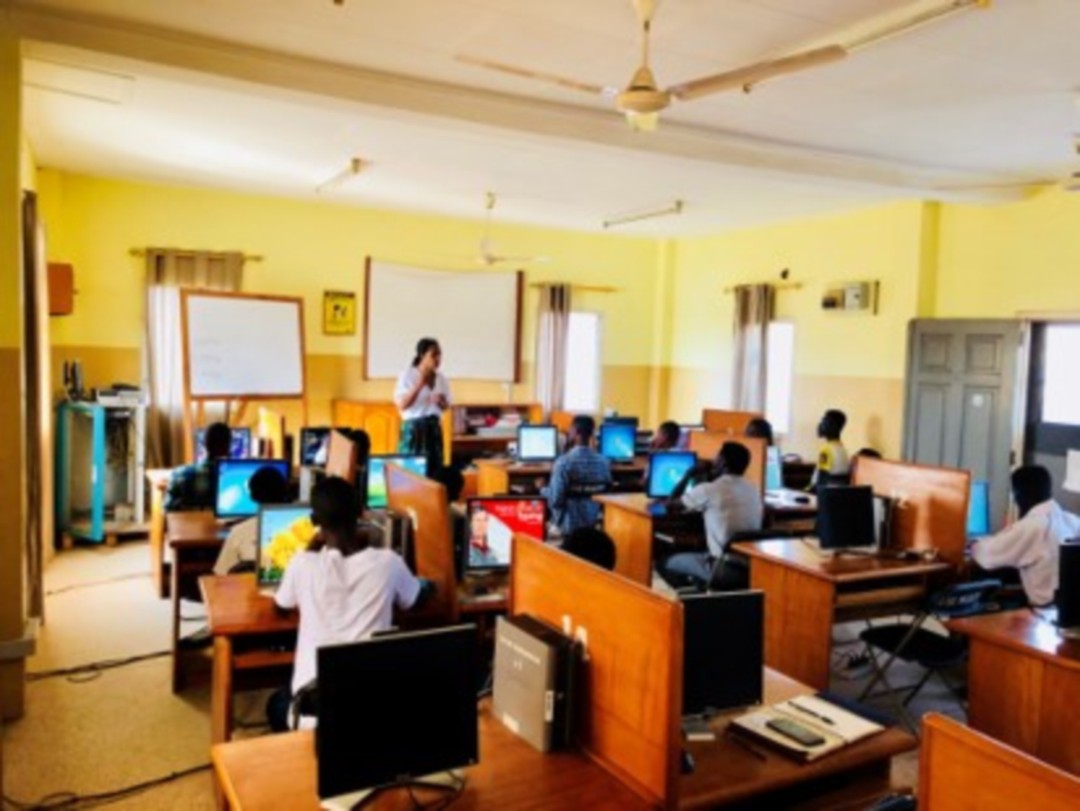Takoradi Educational Centre
The project aimed to provide increased access and support to the Education Resource Centre in Takoradi. More specifically, two classrooms at the Education Centre in Takoradi were furnished and are now used on a regular basis. Once the Covid 19 restriction were dropped in March 2022, 1’400 children returned to the CENTRE and participated in programs such as the Reading Club, assisted by 2 newly hired teachers. The teachers were able to give children in need extra assistance in developing their reading skills. 150 licenses for the e-leaning platform EducationCity were purchased. The new environmental based activity called "Nose for Plastic" was a huge success. It alerts the children to plastic pollution in their community, encourages them to be more aware of their environment and to take small steps to help clean up. Children are continuing to practice what was learned during the program and have contributed to behavior changes at home. Families have stopped the harmful practice of burning of plastic in their yards!
To Be Worldwide is a registered charity in the Netherlands and in Ghana. It is a Foundation that helps children in developing countries realise their full potential, allowing them to help build their communities in the future. More specifically it builds educational facilities that complement existing school structures.
News
Five new projects validated in October and December 2019
7 February 2020
The Addax and Oryx Foundation granted funding for five new projects at its October and December Board meetings.Nose for Plastic - recycle, reuse, reduce!
16 February 2022
Over the past two years, 40 children and their parents, successfully participated in the Nose for Plastic Program at the Takoradi Educational Resource Centre, Ghana.Four projects recently completed
27 April 2023
Four projects in Ghana, Kenya and Namibia have successfully come to an end.Type
EducationDuration
January 2020 - December 2022Location
Takoradi / GhanaWith whom
To Be Worldwide
Website






Ghana
Population
28.8 million (2017)
Per Capita Income
USD 1'880/year (2017)
Poverty rate *
23% (2017)
Literacy rate
71% (2016)
Human Development Index
140th out of 189 countries (2018)
Renowned for its stability and democratic governance Ghana has made great progress over the past 20 years in reducing poverty and hunger among its population. Its economy is growing ahead of the average for the Africa region. This is reflected in gradual improvements in the efficiency of public institutions. Although primary school enrolment has reached 100 %, secondary school enrolment lags at 60% for male students and 47% for female students. Health care varies widely across the country with huge inequalities between the north and south of the country and between urban centres, generally well served, and rural areas often with no health care at all. Similarly, water supply and sanitation still face a number of challenges, mainly due to neglect until the 1990s.
Sources: World Food Program, UNICEF, World Bank, 2016 Human Development Report, Human Development Indices and Indicators (2018 Statistical Update)
*The percentage of the population living below the national poverty line.